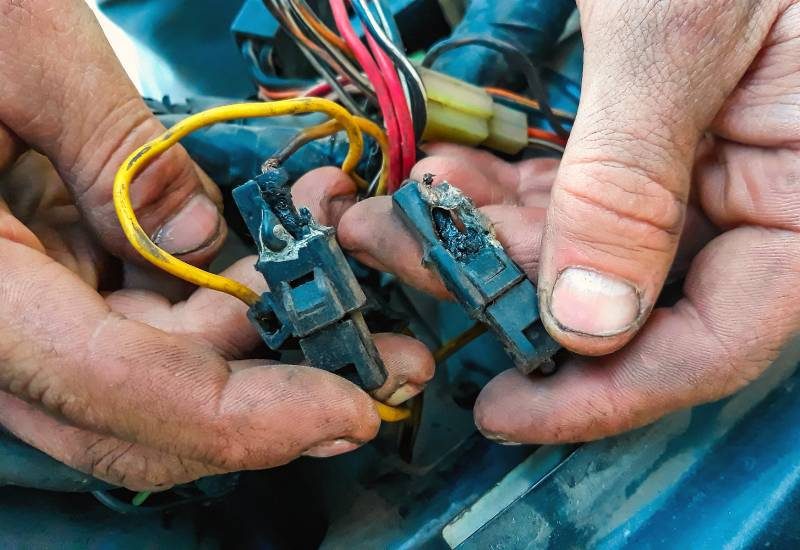How To Prevent Short Circuits in Your Vehicle
Owning a vehicle comes with the responsibility of ensuring its electrical system runs smoothly. Though electrical issues probably won’t be a common occurrence, you should know how to prevent and manage them. Today, we’re talking about short circuits, which can cause costly repairs or dangerous situations. Read on to learn how to prevent short circuits in your vehicle.

Understand Your Vehicle’s Electrical System
You should have a basic understanding of your vehicle’s electrical system. This involves knowing how electric wiring and connectors work, which is fundamental to diagnosing and addressing short circuits. Your vehicle’s electrical system also includes the battery, alternator, and various sensors that communicate with each other.
Check In on Electrical Components
To keep things running well, you should make sure no damage goes unnoticed. To do this, regularly check your vehicle’s electronic components.
Start by simply turning your car on and verifying that all electrical functions work. Next, do a general wire and connector inspection, looking for fraying and broken casing. Next, move on to the battery, checking for corrosion around the terminals and frayed wires. Then, examine the alternator,
Protect Wires and Connectors
One of the easiest ways to avoid electrical failures is by protecting your vehicle’s wires and connectors. Use insulation to cover exposed wires and ensure they are tightly secured. Heat, moisture, and vibration are common culprits of wire damage, so take steps to mitigate these factors.
Use Quality Electrical Components
Quality matters when it comes to electrical components. Investing in high-quality fuses, wires, and connectors can make a significant difference in the longevity and reliability of your vehicle’s electrical system. Cheap, low-quality parts are more prone to failure, which can lead to short circuits and other electrical issues.
If you don’t perform work on your vehicle yourself, make sure your mechanic uses high-quality parts on your behalf.
Address Electrical Issues Promptly
If you notice any electrical problems, such as flickering lights, unexplained dashboard warnings, or unusual sounds, address them immediately. Ignoring these signs can result in more severe damage over time.
By following these tips and being an informed car owner, you can prevent short circuits in your vehicle. Taking preventive measures today will save you big hassles and costs in the future.
